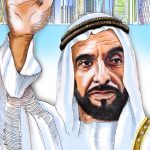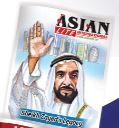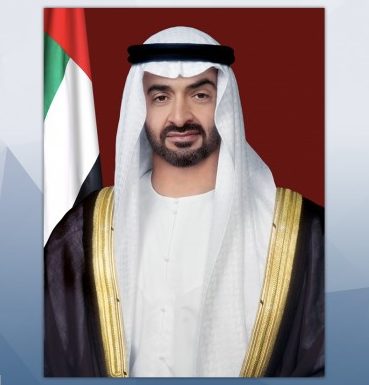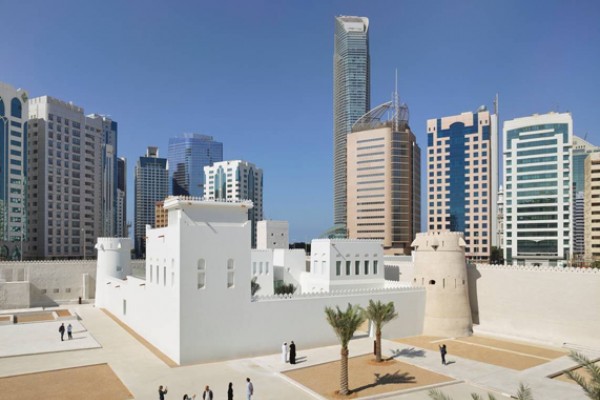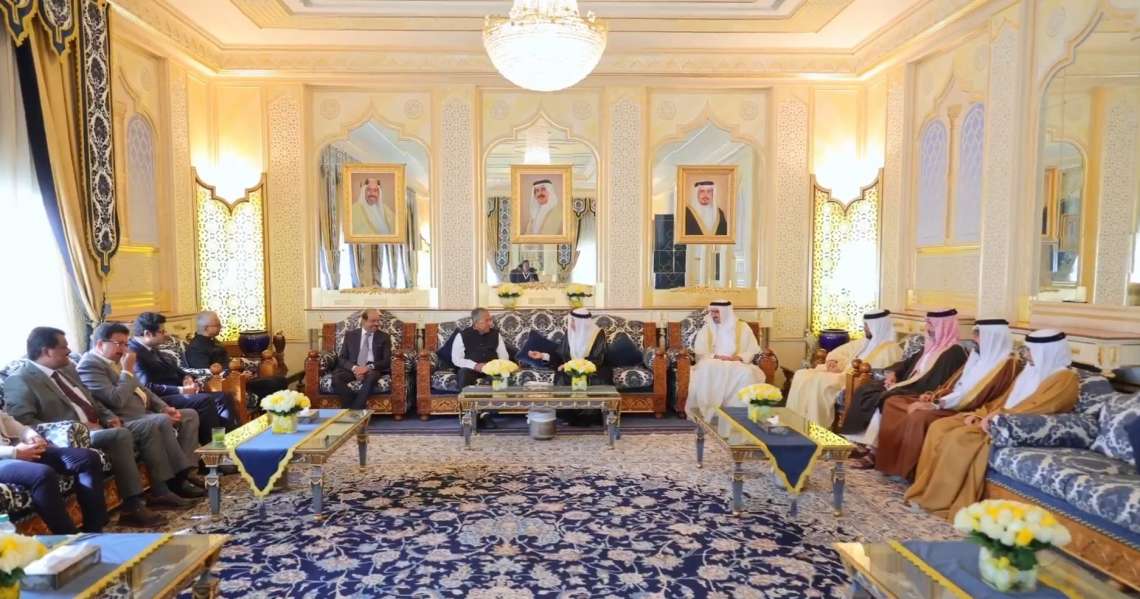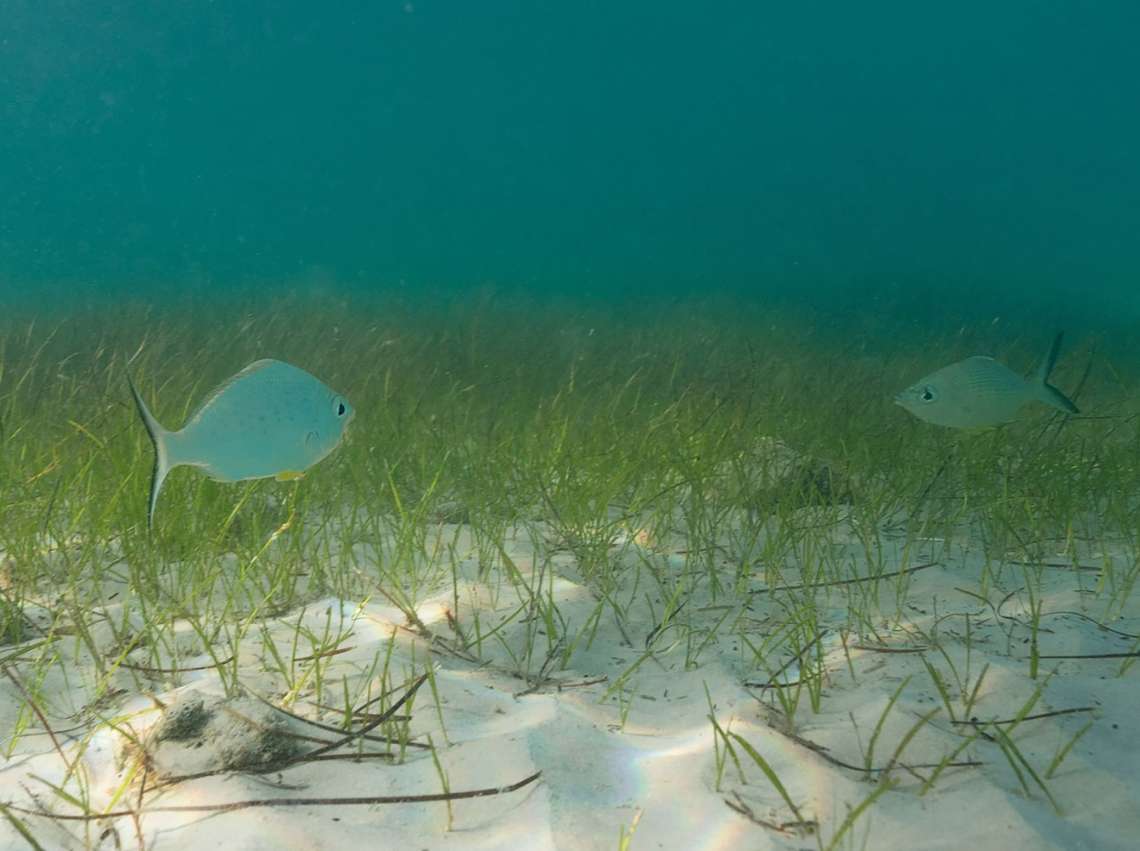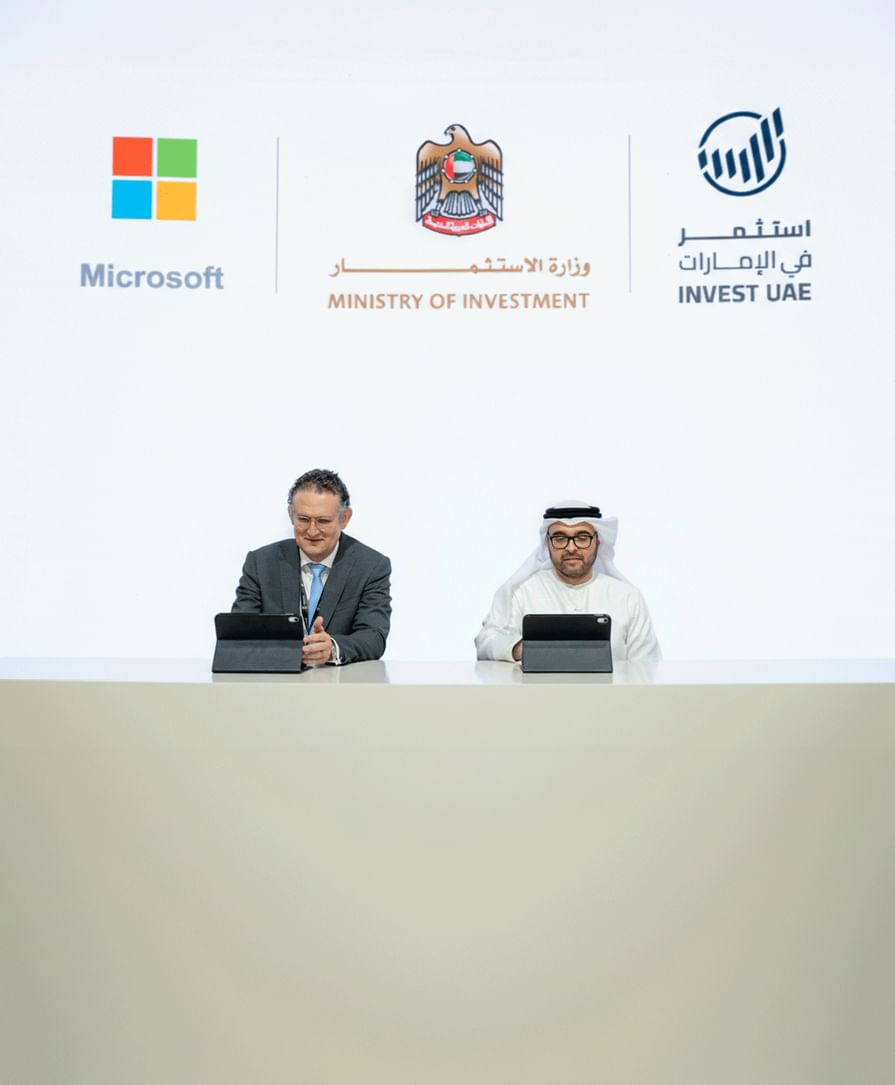Asian Lite pays tribute to Sheikh Zayed bin Sultan Al Nahyan, Father of the nation … reports Asian Lite News.

History of UAE as we know it today is also the history of Sheikh Zayed bin Sultan Al Nahyan, a charismatic and visionary Ruler who with his deep religious faith, determination, ambition and hard work and his generosity at home and abroad earned him the title of ‘Founder of the UAE.’
Born around 1918 in Abu Dhabi, Sheikh Zayed was the youngest of the four sons of His Highness Sheikh Sultan bin Zayed Al Nahyan, Ruler of Abu Dhabi from 1922 to 1926. At the time of Sheikh Zayed’s birth, the Emirate was poor and undeveloped, with an economy based primarily on fishing and pearl diving and on simple agriculture in scattered oases inland.
As Sheikh Zayed grew into a young man, he travelled extensively throughout the country, gaining a deep understanding of the land and its people. In the early 1930s, when oil company teams arrived to undertake preliminary geological surveys, he obtained his first exposure to the industry that would shape the development of the UAE today.
In governing the nation, Sheikh Zayed drew from Arabian Bedouin traditions of consensus and consultation. At an informal level, that principle has long been practiced through the institution of the majlis (council) where a leading member of society holds an “open-house” discussion forum. The forum allows any individual the opportunity to proffer views for discussion and consideration.
In 1970, recognizing that Abu Dhabi was embarking on a process of rapid development, Sheikh Zayed formalized the consultation process and established the National Consultative Council, bringing together the leaders of each of the main tribes. A similar body was created in 1971 for the entire UAE: the Federal National Council, the state’s parliament.
Sheikh Zayed developed UAE by constructing housing facilities, schools, health services, the airport, seaport, roads, bridges. He furthered the cooperation and unity among Arabs. He empowered Emarati women. He secured foreign aid and assistance to those in need and last but not the least he invested in his own people.
As the country grew, the conservation of natural environment and wildlife was critical to Sheikh Zayed. He believed that the character of the Emirati people derives, in part, from the struggle to survive in the harsh and arid local environment. In this vein, Sheikh Zayed worked throughout his life on ensuring the preservation of such species as the Arabian Oryx and the sand gazelle. The World Wildlife Fund recognized his great contribution with the prestigious Gold Panda award.

Sheikh Zayed was also notably a firm opponent of harsh dogmas and intolerance. In an interview in 2002, he said, “Muslims stand against any person of Muslim faith who will try to commit any terror act against a fellow human being. A terrorist is an enemy of Islam and of humanity, while the true Muslim is friendly to all human beings and a brother to other Muslims and non-Muslims alike. This is because Islam is a religion of mercy and tolerance.”
Sheikh Zayed applied his tolerance ideals more broadly. Within the Arabian Gulf region, and in the wider Arab world, the UAE has traditionally sought to enhance cooperation and resolve disagreements through a calm pursuit of dialogue and agreement.
In the 1990s Sheikh Zayed recognized that the UAE could play a more active role in international peacekeeping operations. The UAE Armed Forces participated in the Arab Deterrent Force that sought to bring to an end the civil strife in Lebanon, and in UNISOM TWO, the United Nations peacekeeping and reconstruction force in Somalia.
In early 1999, Sheikh Zayed was among the first world leaders to express support for the decision by the North Atlantic Treaty Organization (NATO) to launch its aerial campaign to force Serbia to halt its genocidal activities against the people of Kosovo. From late 1999 to 2001, the UAE contingent serving with the UN’s peacekeeping Kosovo Force (KFOR) was the largest from any of the non-NATO states, and the only one from an Arab or Muslim country.
While ensuring that the UAE should increasingly shoulder international responsibilities, however, Sheikh Zayed also made it clear that the UAE’s role is one that is focused on relief and rehabilitation.
 In the Balkans, Iraq, Afghanistan and other countries, the policy adopted by the UAE clearly reflects the desire of Sheikh Zayed to share the good fortune of his country with those less fortunate. The country now plays a major role in the provision of relief and development assistance worldwide, through bodies like the Zayed Charitable and Humanitarian Foundation and the Abu Dhabi Fund for Development—established by Sheikh Zayed before the foundation of the UAE—as well as through institutions like the Red Crescent Society.
In the Balkans, Iraq, Afghanistan and other countries, the policy adopted by the UAE clearly reflects the desire of Sheikh Zayed to share the good fortune of his country with those less fortunate. The country now plays a major role in the provision of relief and development assistance worldwide, through bodies like the Zayed Charitable and Humanitarian Foundation and the Abu Dhabi Fund for Development—established by Sheikh Zayed before the foundation of the UAE—as well as through institutions like the Red Crescent Society.
Sheikh Zayed died in 2004, in his late eighties, leaving behind a legacy as the Father of the nation. He was succeeded as the UAE’s President and as Ruler of Abu Dhabi by his eldest son, His Highness Sheikh Khalifa bin Zayed Al Nahyan in 2004. The principles and philosophy that he brought to government, however, remain at the core of the state, and of its policies, today. His Highness Sheikh Mohammed bin Rashid Al Maktoum, Ruler of Dubai, was chosen as Vice President of the Federation following the death of his brother Sheikh Maktoum in 2006.


